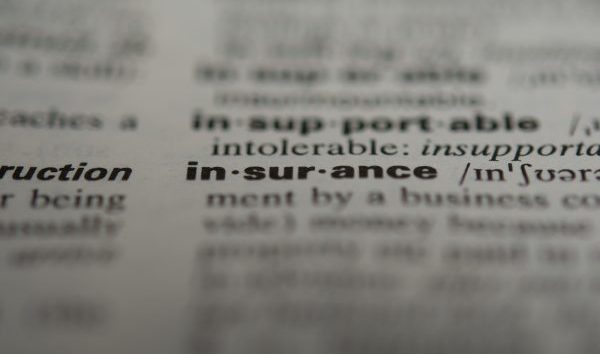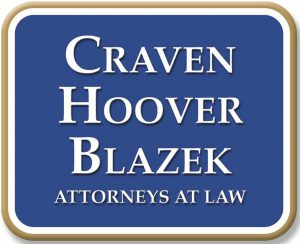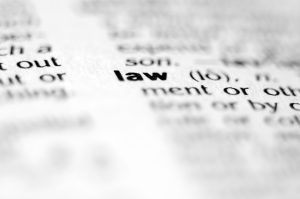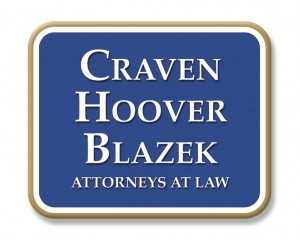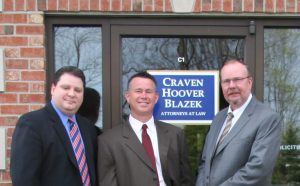If you or someone your love is a recent victim of a personal injury, your next step is to contact a licensed personal injury lawyer to discuss your case and learn the best course of action for making a claim for compensation. In the meantime, it helps to familiarize yourself with some of the most basic terms and definitions regarding personal injury claims.
Continue reading to review a brief description of some fundamental personal injury terms and principles.

Personal Injury
A personal injury is any type of harm or damage incurred by a victim, either physically, mentally, or emotionally, as a result of another person or entity’s negligence. Personal injuries take place when another person or entity (i.e. people, businesses, corporations, enterprises, companies, organizations,workplaces, etc.) demonstrates carelessness or negligence in a situation that subsequently causes injury or damage to another person. An important fact to remember is that a personal injury happens to an actual individual, as opposed to property or commodities.
Negligence
Every personal injury case is based on the legal principle of negligence. Under this principle, if a person or company’s negligent actions causes another person harm, they can be held legally responsible for the victim’s damages and losses. Most personal injury and accident disputes are adjudicated by using the principle of negligence to determine fault. But the victim holds the burden of proving that a defendant acted in a negligent or careless way. In order for a victim to recover compensation for their losses following a serious accident, they must be able to prove all four elements of negligence: 1) duty of care, 2) breach of duty, 3) causation, and 4) damages.
Contributory negligence is the legal concept that refers to the situation in which an injured person is a contributing factor to their injuries. This is common in motor vehicle accidents and slip and fall accidents. In contrast, comparative negligence divides the amount of fault among each person involved in an accident. This concept is used in a situation where multiple parties were negligent.
Tort
A tort is a civil wrong-doing. It is an action, either purposeful or unintentional, that causes injury or harm to another person. The word “tort” actually means “to harm, twist, or wrong” in Latin. Damages resulting from such civil wrong-doings are remedied by tort laws, generally by awarding compensation. Rather than being prosecuted by state or national governments, civil lawsuits are generally pursued by the plaintiffs or victims themselves, privately. See our article, “Common Examples of Intentional Torts” to learn more about intentional and non-intentional torts.
When a tort or accident is negligent rather than deliberate, it is neither intended nor expected. This is the principle difference between negligent and intentional torts. There are several types of negligent torts.The most common include drunk driving or motor vehicle accidents, slip and fall accidents, child injuries, dog bites, pedestrian accidents, and more. Although these accidents happen without deliberate intent, the person responsible for causing injury to another is the party that is held accountable in a court of law. Unlike negligent torts, intentional torts can lead to imprisonment and jail time.
Duty of Care
Establishing a party’s duty of care is the primary step in a personal injury case. Negligence can be defined in many ways, but there are two fundamental factors that makes the basic concept most evident. These two factors are “duty of care” and “breaching” that duty. Every person in the United States has a legal responsibility, or duty of care, to prevent or avoid causing harm to another person, whether intentional or accidental.
A personal injury lawyer will work to prove that the opposing party had a responsibility and failed to uphold that responsibility,causing another person to get injured or killed. They want to show the court or judge that a defendant breached their personal duty of care, which led to an innocent person getting seriously hurt. If these two concepts can be established and upheld, then a plaintiff has a greater chance of winning their case and recovering recompense for their damages.
Indiana Personal Injury Lawyers Who Can Help
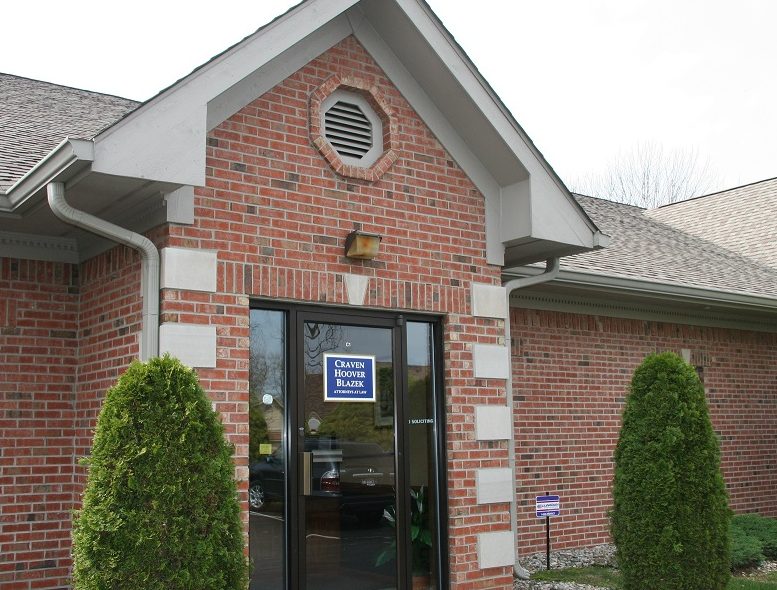
Call The Law Office of Craven, Hoover, and Blazek P.C. at317-881-2700 to discuss your recent accident with a seasoned Indianapolis personal injury lawyer, and learn the best course of action for your claim.We are eager to help you recover the full and fair compensation you deserve. We offer free initial consultations and never collect lawyer fees unless we prevail for you.

